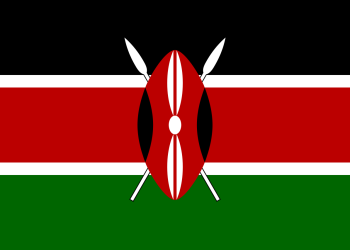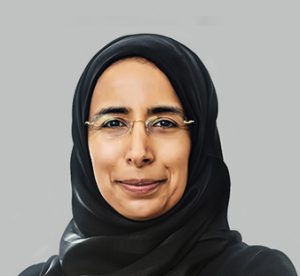Ferhat Mekki Abbas, born on August 24, 1899, in Chahna near Constantine, Algeria, was the son of a Muslim official in the French colonial civil service. His early life was deeply shaped by French education, attending schools in Philippeville (now Skikda) and Constantine, later pursuing higher studies at the University of Algiers, where he trained as a pharmacist.
After completing his studies, Abbas served in the French Army for two years before returning to civilian life as a pharmacist in Sétif. His civic engagement soon led him into politics, winning election to the municipal council of Sétif and later to the general council of Constantine.
Initially, Abbas advocated for assimilationist policies, arguing that Algerian Muslims should be fully integrated into French society with equal rights as citizens, while preserving cultural and linguistic identity.
Shift Toward Nationalism
Though once an advocate for French-Algerian collaboration, Abbas grew disillusioned by the French government’s refusal to grant meaningful reforms. In 1938, he founded the Union Populaire Algérienne (UPA), promoting equal rights between French settlers and Algerians while maintaining Algeria’s cultural heritage.
During World War II, Abbas enlisted in the French Army’s medical corps, but his political thought was shifting decisively. On February 10, 1943, he drafted the Manifesto of the Algerian People, calling for self-determination, equality, and an Algerian constitution. When French authorities rejected these demands, Abbas and Messali Hadj created the Amis du Manifeste et de la Liberté (AML), which envisioned Algerian autonomy within a renewed anti-colonial French federation.
The AML was suppressed, and Abbas was imprisoned for a year. In 1946, he founded the Union Démocratique du Manifeste Algérien (UDMA), advocating democratic reforms and cooperation with France. His moderate stance, however, failed to produce meaningful change as French colonial officials refused concessions.
By 1956, disillusioned with gradual reform, Abbas fled to Cairo, joining the Front de Libération Nationale (FLN), which led the armed struggle for Algeria’s independence.
Leadership of the Provisional Government
On September 18, 1958, the Provisional Government of the Algerian Republic (GPRA) was established, with Ferhat Abbas as its first president. His leadership gave the independence movement international recognition, portraying the FLN not only as a military insurgency but also as a legitimate political authority.
He served until 1961, resigning amid internal FLN divisions. Nevertheless, Abbas remained active in post-independence politics.
In 1962, after Algeria achieved independence, he became president of the Constituent Assembly, tasked with drafting the nation’s first constitution. Though loyal to the FLN, Abbas advocated strongly for parliamentary democracy and constitutionalism.
Later Political Life and Conflict with the FLN
In 1963, when the FLN bypassed the Constituent Assembly to draft Algeria’s constitution independently, Abbas resigned in protest. He was subsequently expelled from the FLN.
An outspoken critic of President Ahmed Ben Bella, Abbas was placed under house arrest in 1964, though released the following year. Despite marginalization, he remained a respected elder statesman and intellectual voice for democracy in Algeria.
Writings and Intellectual Contributions
Ferhat Abbas was also a prolific writer whose works provided deep insight into Algeria’s political evolution. His notable writings include:
- Le Jeune Algérien: de la colonie vers la province (1931; The Young Algerian: From Colony to Province), reflecting his early assimilationist stance.
- La Nuit coloniale (1962; The Colonial Night), documenting the Algerian War of Independence.
- Autopsie d’une guerre (1980; Autopsy of a War), an analytical reflection on Algeria’s path to independence.
Through these works, Abbas chronicled both his personal ideological transformation and Algeria’s turbulent journey from colony to independent republic.
Death and Legacy
Ferhat Abbas died on December 24, 1985, in Algiers, at the age of 86. His political life mirrored Algeria’s broader struggle for self-definition—shifting from early collaboration to nationalism, from moderation to revolutionary alignment.
Abbas is remembered as a foundational figure in Algeria’s independence movement, the first president of its provisional government, and a statesman who consistently advocated for constitutional democracy over authoritarianism. His writings remain key sources for understanding the intellectual and political history of modern Algeria.














